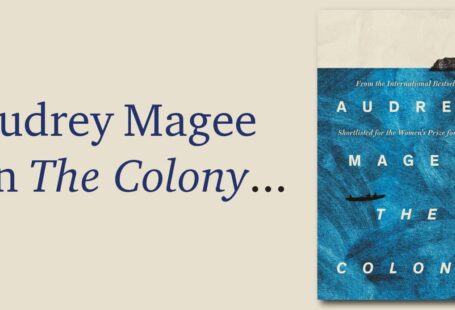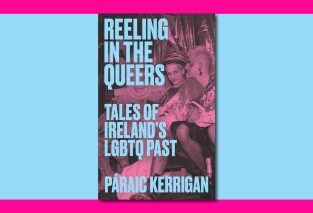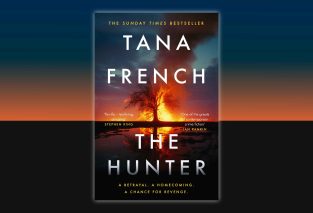I think that anybody who has ever worked in a shop has been granted a perspective on the world that is unique. A secret code understood only by those of us who have Done Retail. Behind the counter, small-talk is a precise and continuous practice, you can end up in the crosshairs of the angriest moments of a person’s week just by virtue of existing where you do, you can witness all of the mosaic of life as it passes by – it can be mind-numbing, it can be riveting, it can be both over the span of an eight hour shift. Most shifts feel like exactly nothing at all, other than the strange sensory routine of it. The heavy feel of lifting a shutter in front of a unit. The funny, specific little alarm codes. The inevitably archaic till systems. No matter what you are selling, you are at both the center of the world and the periphery of everyone’s gaze.

I worked retail for almost ten years, and service jobs in and out of that time. Working in shops is a more intrinsic part of my identity than having studied at college – I sometimes think I learned more about being alive in the shops. And even when I was technically at college, I was also working in shops. Fleeing campus to get to my shift. Fleeing my shift to get to the pub, or a different shift across town. Always moving. While it is a wonder I managed to scrape a degree at all, it is equally no wonder that I collected enough shards of life in this long, weird season of my life to finally assemble into a novel about working retail.
To be clear, up front, Eat The Ones You Love is a horror story. Bad, and strange things happen in the novel. People do fall in love, but they also fall prey to an eldritch web created by a creature that lives in the rotten heart of a rundown shopping centre in the northside of Dublin. This shopping center was a joy to create, because it was built from the corridors I know from my own life. It is a little bit of the Omni in Santry. A little bit Northside Shopping Centre, a little bit Artane Castle. It is a lot, a lot, of Donaghmede. It is absolutely not even a trace Dundrum Town Centre – where, for what it is worth, I also worked for about three months, selling children’s shoes and getting scolded for looking like I had just stepped off the two hour commute I had to make for each shift.
Eat The Ones You Love concerns a monster, but it also concerns florists – people who work in a kind of retail that I personally believe is kind of sacred. They meet people at every crucial punctuation mark of their lives. Birth, death, weddings, affairs, apologies, parties. There are always flowers, and thus, always florists, always flower shops, handing over cold bouquets and wreaths and corsages and single stem roses and pots with tall, thin orchids inside. I trained as a florist, so that when the time came that I returned to retail, I could do so with a sense of purpose, not the tidal way I floated from shop to shop in my twenties. I was also, for what it is worth, a bookseller.
It was in that job that I experienced what is the heart of Eat The Ones You Love – a found family, assembled in a shop. A surprising collection of people who understand one another and are committed, in their way, to a mutual and happy survival of the world of work. Who are interested in working to live, not living to work – and interested in making life inside a shop feel like something special. It is this particular kind of magic that I think, I hope, makes fielding the monster in Eat The Ones You Love worth the fight. It is this, I know, that made showing up to the job day after day worth more than minimum wage. Priceless, in fact.





